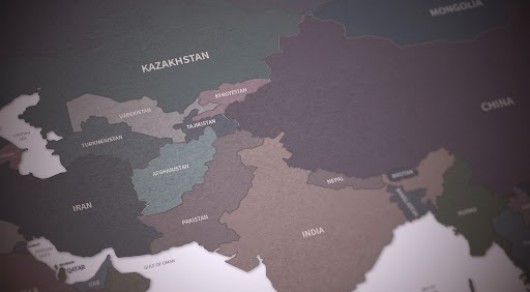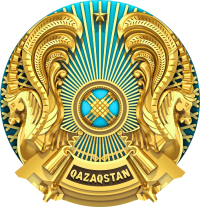How the European Union is advancing its agenda in Central Asia - Kazakhstan's role in interregional cooperation
14-06-2023

WATCH THE RECORDING HERE
In light of the military conflict between Russia and Ukraine, the nations of Central Asia have gained renewed importance for the European Union.
For the EU, the chief imports from the region are energy and raw materials, including oil from Kazakhstan. The EU seeks to increase its engagement in these sectors and in October 2022 signed a memorandum of understanding with Kazakhstan on access to critical raw materials. Oil and gas are crucial for European countries to diversify their supplies away from Russia. An increase in Kazakh oil may be an attractive option for the EU.
Central Asia has historically developed close political, security, economic and human ties with Russia but also with China, Turkey and Iran.
Recently, the region’s countries have found themselves “sandwiched” between some of its key economic partners. Transit countries have been subjected to sanctions from their other major trade and investment partners in the West.
At the same time, a number of countries in the region are going through rather complicated and dynamic domestic changes. Within slightly more than two years, Kyrgyzstan, Kazakhstan and Uzbekistan have seen major constitutional reforms voted in nationwide referendums, adjusting their government systems to the dominant trends in their societies, while facing some significant turmoil in areas of security.
Last October, the first meeting between the EU Council’s President and leaders of Central Asian nations took place in Astana. And a second meeting is scheduled to take place on 2nd June 2023 in Cholpon-Ata (Kyrgyzstan). The region’s countries receive similar attention from Russia and China who also held similar multilateral meetings last October and last May respectively. The U.S. Secretary of State attended such a meeting at the level of foreign ministers last February.
Other high level regional platforms in the first half of 2023 include the Tashkent Investment Forum and the Astana International Forum, as well as the second EU – Central Asia Economic Forum in Almaty on May 18-19.
Does this intensity of events and contacts involving EU and Central Asia signify a renewed cooperation drive with the region?
Join this EURACTIV Hybrid Conference to discuss how best the EU can advance its agenda in Central Asia. How will this renewed engagement develop? Are there limitations to the partnership? How can Kazakhstan contribute to the development of interregional cooperation?
Supported by:

Location
Euractiv Network Office
Boulevard Charlemagne 1, 1041 Brussels
Google Maps >>
Panellists
Peteris Ustubs, Director, Middle East, Asia and Pacific, DG INTPA, European Commission
Lin Goethals, Director, The European Institute for Asian Studies (EIAS)
Oybek Shaykhov, Secretary-General, EUROUZ
Dr. Fabienne Bossuyt, Associate Professor and co-coordinator, Ghent Institute for International and European Studies (GIES), Ghent University
Timur Sultangozhin, Deputy Head of the Mission of Kazakhstan to the European Union
Moderator
Georgi Gotev
EURACTIV
Schedule
12:00 - 12:30 Registration of participants
12:30 - 12:35 Welcome
12:35 - 12:50 Panellist statements
12:50 - 13:40 Discussion and Q&A
13:40 - 13:45 Closing statements
Followed by a light networking lunch.
Contact
Tamara Novel
tamara.novel@euractiv.com




